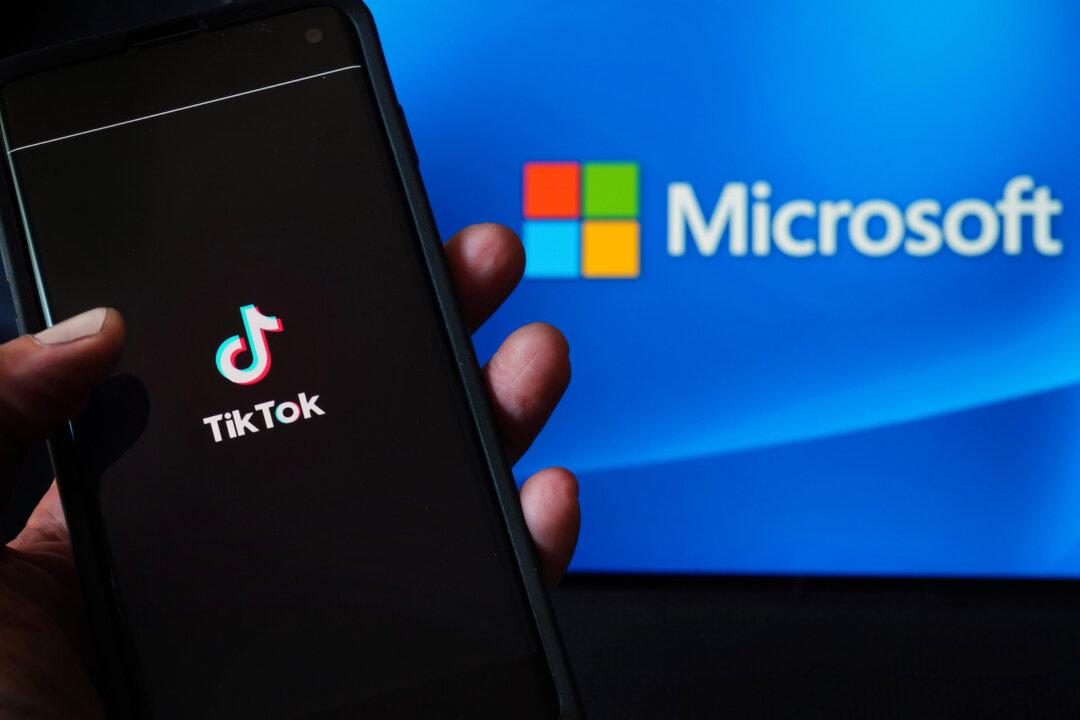Commentary
The TikTok story is becoming stranger by the day. On the one hand, it’s part of an ever-expanding war for global influence between Beijing and Washington.

The TikTok story is becoming stranger by the day. On the one hand, it’s part of an ever-expanding war for global influence between Beijing and Washington.